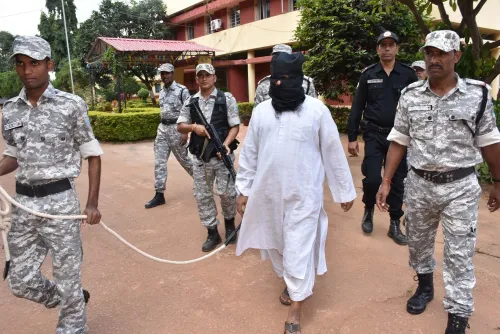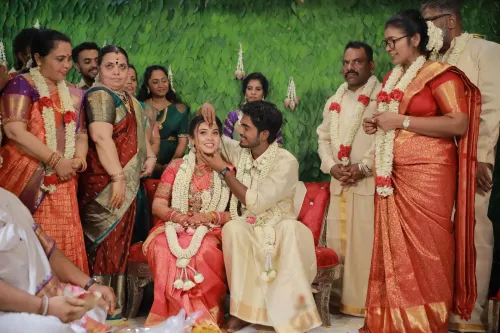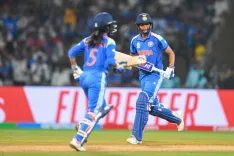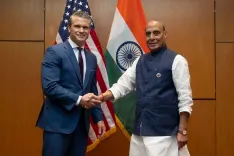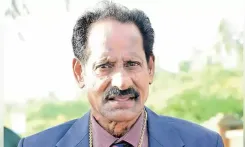What Relief Can Be Offered to Pakistani Women in Kashmir?
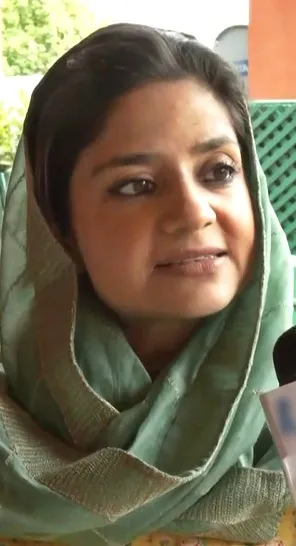
Synopsis
Key Takeaways
- Iltija Mufti advocates for Pakistani women in Kashmir.
- The Pahalgam terror attack has led to strict government measures.
- Many Pakistani nationals have lived in Kashmir for decades.
- There are urgent humanitarian considerations at play.
- Former leaders are calling for a review of repatriation policies.
New Delhi, May 6 (NationPress) The leader of the People’s Democratic Party (PDP), Iltija Mufti, has expressed her condemnation of the recent Pahalgam terror attack and has voiced her support for Pakistani nationals, particularly women, residing in the Valley who are now faced with the challenge of returning to their home country following stringent diplomatic measures introduced by the Indian government.
“There are women who have been married to Kashmiris and have made their homes in the Valley for the last 30 to 40 years. How can they be expected to return?” Iltija Mufti remarked during an interview with IANS.
She advocated for a humanitarian perspective regarding specific categories of Pakistani passport holders, stating, “I believe that some individuals from Pakistan who have been living here for 30 to 40 years have been unfairly grouped with others who were meant to be deported.”
One notable case involves a woman who has resided here for 50 years; her son lost his life while serving in an Indian security force, and even Home Minister Amit Shah paid his respects at her home, she noted.
Iltija Mufti backed the stringent diplomatic policies of the Indian government, recognizing their importance, yet added, “Simultaneously, viewing this situation through a humanitarian lens reveals that these individuals have not been treated justly.”
Previously, former Union Minister Farooq Abdullah also underscored the hardships faced by Kashmiris who are Pakistani citizens residing in the Valley, urging some leniency as they grapple with the repercussions of the Indian government's directive for them to return.
“These individuals have lived here for 50 years. Women are married, have children, and now they are being sent back to Pakistan, where they are not welcomed either. They are stranded at the border, which is closed. They find themselves in a state of limbo,” Abdullah stated.
He called for an urgent resolution regarding the fate of these stranded Pakistanis, questioning, “What sort of justice is this? Where will they be sent? If Pakistan refuses to accept them, what will happen? Their children are here. They are citizens here. The Prime Minister must decide how to proceed.”
In response to the Pahalgam attack, the Indian government has prohibited Pakistani nationals from entering India using the SAARC Visa Exemption Scheme (SVES). All previously issued SVES visas to Pakistani nationals have also been revoked, and those currently in India under an SVES visa have been instructed to exit the country.

